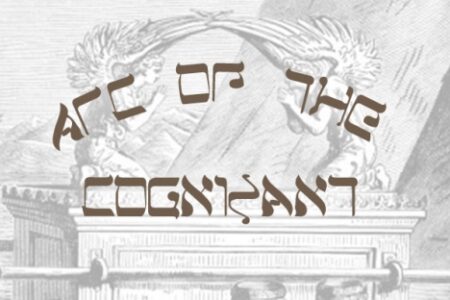ATAMANENKO: Unlocking Bill C-32
Last summer, Industry Canada held a series of nationwide consultations on copyright. It asked for input from consumers, industry experts and content developers on how best to modernize federal copyright legislation, which had not been reviewed since 1997. The result is Bill C-32, A Bill to Amend the Copyright Act, which was recently introduced in Parliament by Industry Minister Tony Clement and Heritage Minister James Moore.
As you may be aware, Canadian attempts at copyright reform in recent years have had very little to do with creating a regime that would balance the rights of creators and the public, but rather have been attempts at satisfying the demands of large American content owners such as movie studios, music labels, video game developers and others.
The new legislation take some steps toward rectifying that imbalance, by proposing to legalize activities that thousands of Canadians take part in (such as copying a CD), but it would prohibit the breaking of digital locks placed on gadgets and media.
A digital lock is essentially an encryption device that scrambles digital information, making it impossible to copy. Outlawing the breaking of digital locks is designed partly to crack down on copyright pirates who copy CDs and DVDs for commercial purposes. Unfortunately, there is a real danger that we could see situations arise in which consumers are barred from using content that they have already paid for.
Consumer groups have blasted Minister Moore for the bill, which they say makes an illegality out of an impediment and changes the definition of and exceptions to “fair dealing” rights. Internet and e-commerce law expert Professor Michael Geist puts it succinctly: “The foundational principle of the new bill remains that any time a digital lock is used—whether on books, movies, music or electronic devices—the lock trumps virtually all other rights. This means that both the existing fair dealing rights and Bill C-32’s new rights all cease to function effectively so long as the rights holder places a digital lock on their content or device.”
Digital locks can override not only consumers’ rights, but also creators’ and artists’ rights. For example, some stakeholders in the arts community feel that this bill essentially allows the public to copy works of art for free, without providing a reciprocal system for raising royalties that would help compensate creators for their work.
NDP copyright critic Charlie Angus has criticized the digital lock provisions, and the absence of royalty safeguards for artists. In March, Angus introduced a private member’s bill that proposed an additional tax on digital devices such as iPods and laptop computers. The tax would be an extension of the private copying levy, a fee currently paid on blank media (such as CDs) that is used to compensate copyright holders for the copies made on that media. Angus feels that extending the fee to devices would make copying legal, but still compensate content creators.
The Harper Conservatives have ignored the findings of their own 2009 copyright consultations, and have arrived at a flawed piece of legislation that may end up doing more harm than good.
It does make sense to outlaw bad behaviour, but Canadians want laws that make sense.























Comments